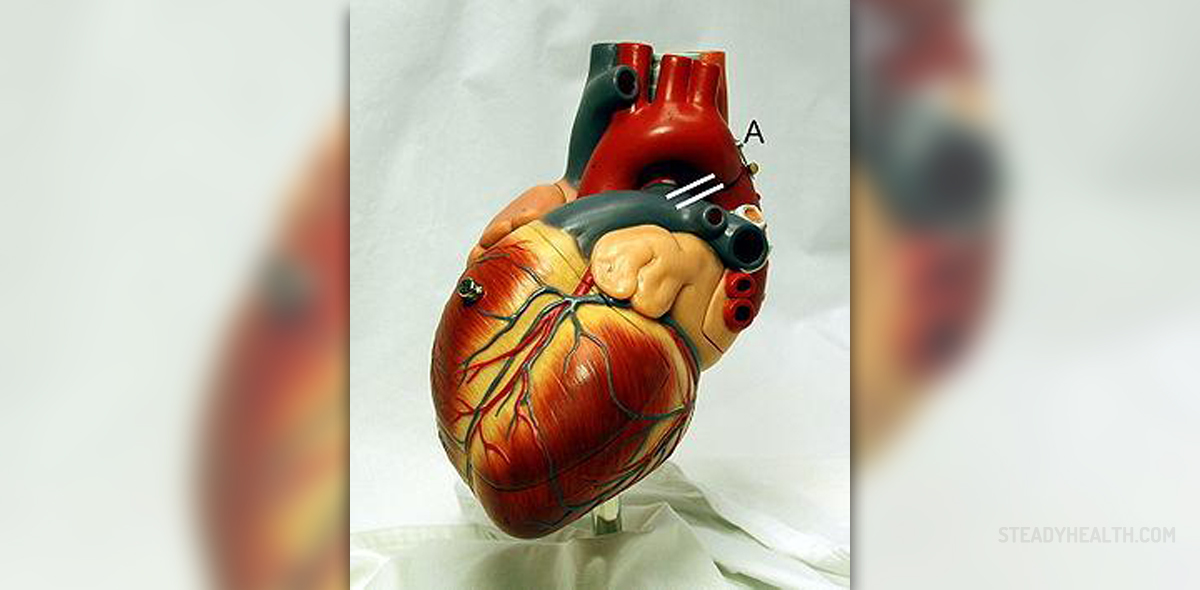
The heart is one of vitally important organs in the human body. It transports the blood, oxygen and other important nutrients to different parts of the body. The rhythmic pattern of a contraction and relaxation of the heart is known as the heartbeat. You can feel it by pressing the hand to your chest or hear it by listening through your doctor’s stethoscope.
Contraction of the heart is known as systole, while relaxation phase of the heart is called diastole. Any interference (plaque or obstruction) in the function of heart blood vessels which affects the ventricles and leads to problems with pumping of the blood can cause systolic heart failure. Some doctors also call this condition left ventricular failure. This heart problem is caused by congestion of the heart valves and if not diagnosed and treated timely, it can develop into a life threatening problem.
Systolic Heart Failure: Causes and Symptoms
Different defects and abnormalities regarding systolic function of the heart are known to be causes of systolic heart failure. Left ventricular failure may be provoked by an unhealthy lifestyle. Smoking and heavy consumption of alcohol can cause buildup of different toxins in the blood and affect the normal functioning of the heart, leading to heart failure. Besides the lifestyle, a person may also experience systolic heart failure because of the old age.
High blood pressure, blood clots, diabetes and allergies to some drugs may also provoke development of this medical problem. Acute systolic heart failure can also be cause by inflammation of the heart muscles, infection or damage to the heart muscles, while chronic systolic failure is commonly seen in people with some congenital heart defects such as faulty heart valves.
Because of the disease patients experience symptoms similar to right sided heart failure. Shortness of breath (dyspnea) is frequently seen in these patients, especially after some hard work or when they lie down. Heaviness in the chest and sharp chest pain are also frequently reported problems, as well as weakness of the whole body, coughing and wheezing. Systolic heart failure may also be characterized by palpitations.
Treatment Options
The most important thing is to recognize the symptoms and consult your doctor right away in order to prevent progression and worsening of the condition.
Doctors usually perform chest X ray, ECG (electrocardiogram), echocardiogram or some other tests in order to diagnose this medical problem and then prescribe medications such as anticoagulants, beta blockers or ACE (angiotensin converting enzyme) inhibitors. Severe systolic heart failure might need to be treated with surgical replacement of the heart valve, surgical fitting of the pacemaker or even heart transplant.



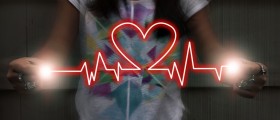


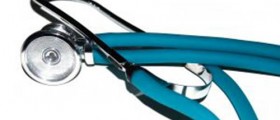

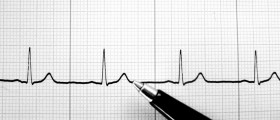





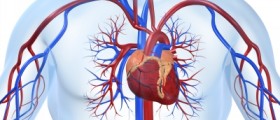


Your thoughts on this
Loading...